“When I was a professor at NYU, I noticed a lot of very disturbing developments at our campus, and across the country. It was the beginning of cancel culture. Then, in 2016, there was a movement to establish a social justice creed as the official doctrine of the university, which I saw as tending towards authoritarianism and totalitarianism.”
“I started to speak up on an anonymous Twitter account.”
“People took notice and I was asked to do an interview by a student newspaper reporter. I decided that somebody had to stand up against all this – and it may as well be me. So I took a chance and came forward because I knew that I would rather be wrong than sorry. As it turns out, I wasn’t wrong.”
“I was forced into a leave of absence, condemned by the Diversity, Equity and Inclusion group in my program, and it all just went from there. There was no student backlash against me at all – it was all faculty and administrators. A few people tried to present a tepid defense, but everybody got cowed into submission.”
“I have no regrets about speaking out. Sometimes I miss teaching, but now I have a much bigger audience than I had in a classroom. Hundreds of people have reached out to me saying they have been in the same circumstances. I try to give advice where I can, and try to help people through it. Because it’s not easy. It’s painful.”
“I lost a lot of friends – including all my academic friends – but I’ve gained many many more.”
“You have to have the courage to face what we’re dealing with. The courage to speak, but also listen, and try to encourage dialogue.”
“We could find some kind of common ground in realizing that the very freedoms people are taking advantage of have been accorded to us through the Constitution and the Bill of Rights. This is one thing that unites us.”
Dr. Michael Rectenwald
Pittsburgh, Pennsylvania
Dr. Michael Rectenwald is a former academic who left that space after blowing the whistle on cancel culture. He believes that the Constitution – including the Bill of Rights – can and should be a point of unity for all Americans.
